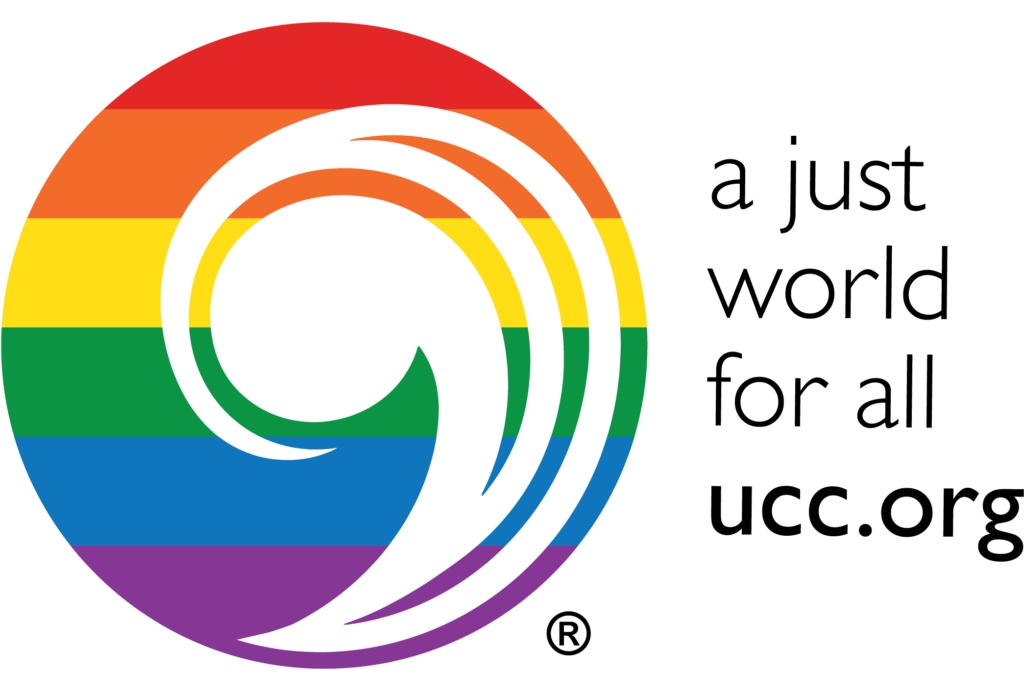
Phoenix has been a welcoming community for the lesbian, gay, bisexual, transgender, and questioning (LGBTQ) community and allies since its first meeting on February 17, 1988. Our formal open and affirming statement was adopted on November 24, 1991, and updated and affirmed on June 16, 2013.
Open and Affirming Statement
In response to the call issued by the 15th General Synod of the United Church of Christ, Phoenix Community Church, United Church of Christ, officially declares itself an Open and Affirming Congregation. We will continue to encourage and support the involvement of people of all sexual orientations, gender identities and expression in all aspects of our church life. We will encourage our members and friends to work to end hostility, discrimination, and oppression based on sexual orientation, gender identities and expressions. Additionally, we recognize that we cannot truly be an Open and Affirming church without addressing other forms of oppression. As a congregation, we seek to celebrate the diversity of our gifts and to address the challenges of living the covenant as an Open and Affirming people.
Living the Covenant
To assure that Phoenix’s Open and Affirming statement becomes a living document:
We will inform the wider church and community regarding our Open and Affirming declaration.
We will encourage other congregations in the Michigan United Church of Christ to engage in the Open and Affirming process. We will make ourselves available as a resource to congregations exploring this process.
We will respond to bias-related violence and discrimination in a visible way when possible and appropriate.
We will examine other issues of inclusiveness important to our life as a congregation as additional steps in our Open and Affirming process. For example, is Phoenix inclusive and affirming of bisexual people? Is Phoenix truly accessible to people with disabilities? Are we open and affirming of racial and cultural diversity? Do we create an atmosphere that can welcome people of various economic backgrounds? Do we create an environment in which diverse opinions can be expressed and validated even though disagreement exists? In a church that addresses the experiences of lesbian and gay people, are efforts being made to also address the experiences of heterosexuals at Phoenix? Our examination of issues of inclusiveness will be an ongoing process in line with our mission statement.